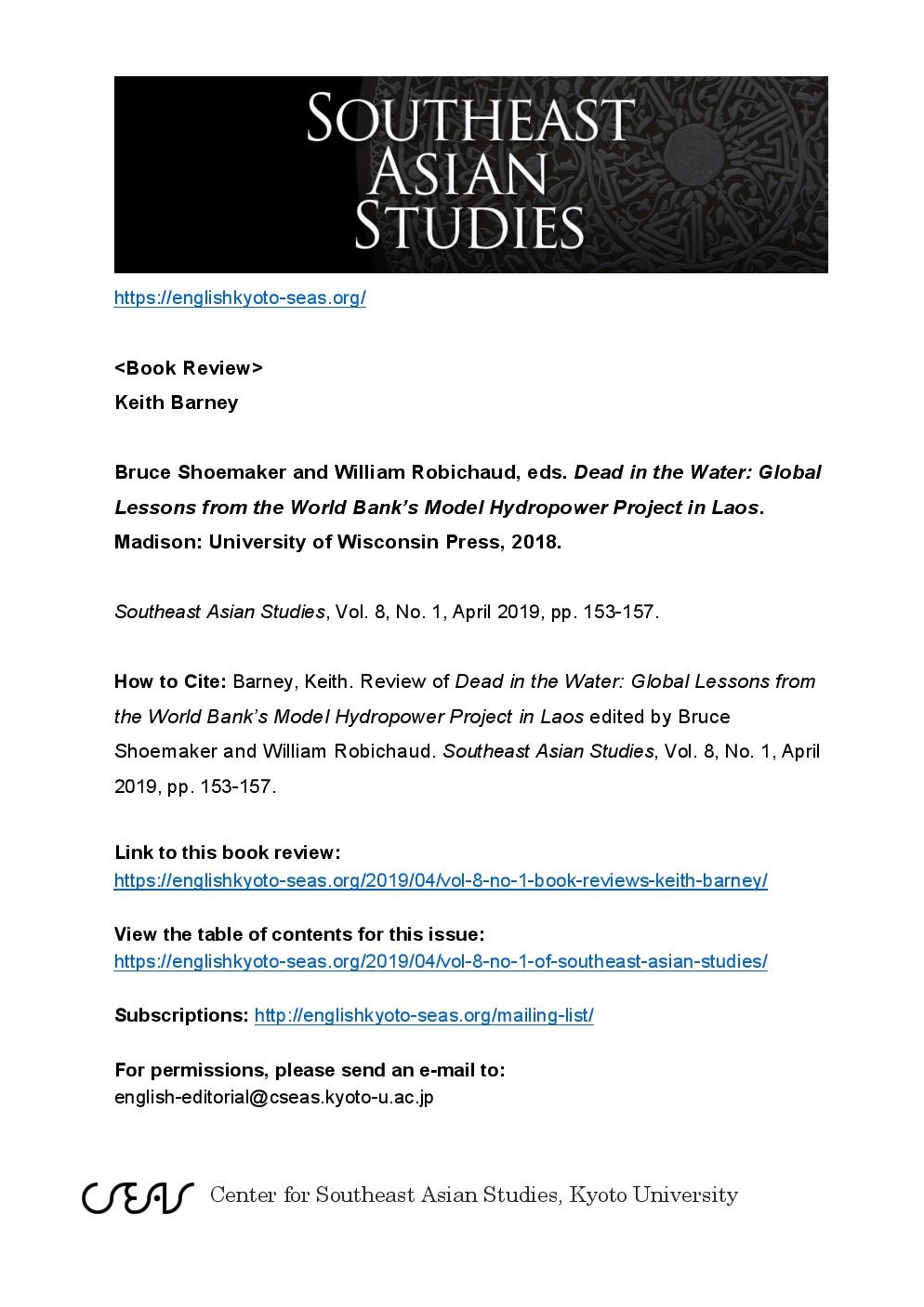JOIN THE DISCUSSION: Moving beyond ‘sustainable hydropower’ in the Mekong basin [15-30 June 2022]
/What role should large hydropower dams play in future electricity systems? At the UNFCCC COP 26 in November 2021, the International Hydropower Association (IHA) sought to further the industry's role – and access to climate financing – by advocating 'sustainable hydropower' as vital to achieving net zero emissions targets. Civil society groups, meanwhile, countered that hydropower should be excluded from UN climate finance mechanisms, citing the industry's human rights and environmental impacts.
This policy analysis contends that the claimed benefits of 'sustainable hydropower' are rarely seen in practice, especially in the global south where most new large dams have been built, and that this low-carbon argument glosses over the industry's associated ecological and social costs while better electricity alternatives exist. It argues that healthy rivers are a foundation of climate change resilience, and highlights new and existing principles towards this goal.
Please read the full policy analysis at “The Water Dissensus – A Water Alternatives Forum” and post your responses and analysis in the online forum that is open from 15-30 June.
The policy analysis is written by Dr. Carl Middleton, Director of the Center for Social Development Studies (CSDS) in the Faculty of Political Science of Chulalongkorn University, Thailand.








